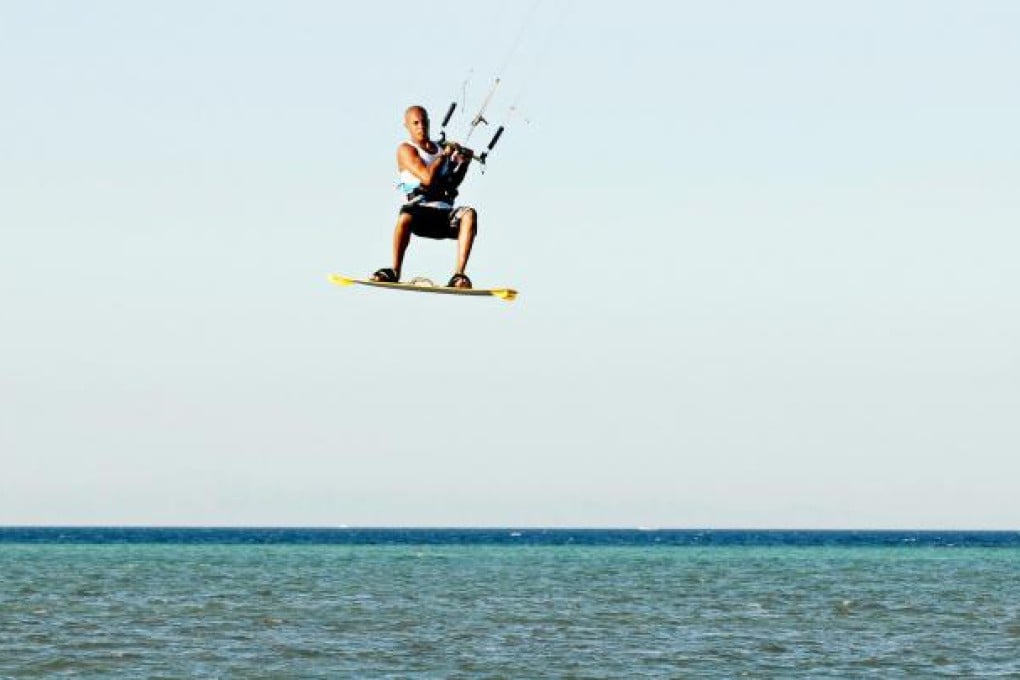A little bit of haven
El Gouna, Egypt's 'Venice on the Red Sea', has everything you could want from a holiday resort - except, that is, for authenticity. Words by Orlando Crowcroft

A perfect row of identical concrete villas lines the edge of a vast, grey sand pit, parallel to a dusty road. It must be 40 degrees Celsius outside and the sun burns through the back windows of the car, heating it like a greenhouse as the air-conditioner loses its battle to compensate.
Everywhere there are half-finished buildings; trucks with sad-looking, dirty labourers packed in the back; faded billboards advertising golf courses, palaces and hotels. It could be jet-lag but this feels like the end of the world.
And here, on the outskirts of El Gouna, on the coast of the Red Sea in southern Egypt, it kind of is. Just over 25 years ago, there was nothing on this arid coastal plain except the ramshackle metropolis of Hurghada, 25 kilometres to the south, and a nomadic Bedouin tribe. Now, with 17 hotels, hundreds of restaurants, man-made lagoons and a permanent population of 25,000, El Gouna has become "Venice on the Red Sea" - according to the press release, at least. I've never been to Venice, but I would wager El Gouna has a little way to go.
Such claims of Italian sophistication are being conveyed to me on a whistle-stop tour of the town and its outskirts by a member of El Gouna's marketing regiment, sent to "orientate" us after our arrival at Hurghada's sparse, ramshackle airport. The origins of the place have been well rehearsed: it was developed by Egyptian construction giant Orascom Development, as the pet project of Samih Sawiris, chairman of a group subsidiary. Sawiris was looking for "the most beautiful spot on the Red Sea" on which to build a house for himself (or so the story goes - the idea of developing a tourist resort was perhaps never far from his mind) and found it in this relatively lush pocket of an arid region. Sawiris dug out the network of "lagoons" that give El Gouna its name, and built two marinas and the town.
The rest is history - or, at least, half-finished history; El Gouna remains starkly incomplete.
Perhaps the scorching sun has done something to my mind, but to me the whole story sounds more like the plot of a dystopian novel. The Orascom Group owns everything: all 17 hotels - including a Mövenpick and a Sheraton - all the restaurants, the sports venues and the football team. From street-sweeper to chief executive, everyone at work here is employed by Orascom. Even if you buy a house in Sabina, Um Jamar or one of the other housing projects, you don't actually own it: you lease it from Orascom. From the horrendously overpriced internet service to the phone network, Orascom is the daddy.